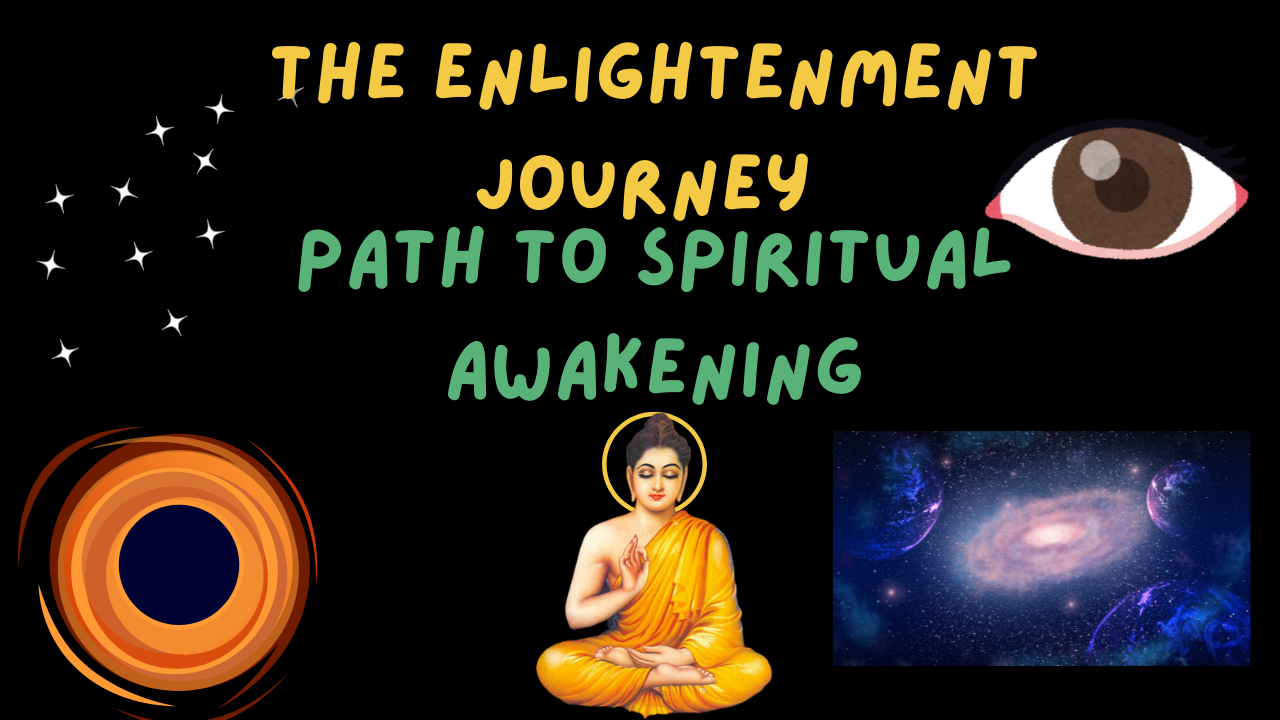What is Enlightenment?
Enlightenment is a state of profound understanding, inner peace, and heightened awareness. It is often associated with spiritual awakening, where an individual transcends their ego and experiences a deep connection with the universe and their true self. Different cultures and religions interpret enlightenment in various ways:
- Buddhism: Enlightenment, or Nirvana, is the ultimate goal, representing freedom from the cycle of birth, death, and rebirth (samsara). It involves the cessation of suffering (dukkha) through the realization of the Four Noble Truths and the practice of the Eightfold Path.
- Hinduism: Known as Moksha, enlightenment is the liberation from the cycle of reincarnation and union with the divine consciousness, often achieved through various paths like knowledge (Jnana), devotion (Bhakti), and meditation (Dhyana).
- Western Philosophy: Enlightenment during the Age of Enlightenment referred to intellectual and cultural advancements, emphasizing reason, science, and individualism.
How Can a Person Achieve Enlightenment?
Achieving enlightenment is a deeply personal journey, often requiring dedication, practice, and guidance. Here are some common paths:
- Meditation and Mindfulness:
- Practicing regular meditation helps calm the mind and develop awareness. Techniques like Vipassana (insight meditation) and Zazen (seated meditation) are widely practiced.
- Mindfulness involves being present in the moment and observing thoughts and feelings without attachment or judgment.
- Study and Contemplation:
- Reading and reflecting on sacred texts, philosophical works, and teachings of enlightened masters can provide insights and guide one’s journey.
- Contemplative practices involve deep thinking and self-inquiry, such as asking “Who am I?” to explore the nature of self and consciousness.
- Ethical Living:
- Leading a life of virtue, compassion, and non-violence (Ahimsa) aligns actions with higher principles.
- Practicing kindness, generosity, and forgiveness helps purify the heart and mind.
- Yoga and Physical Practices:
- Yoga combines physical postures (asanas), breath control (pranayama), and meditation to balance body and mind.
- Tai Chi and Qigong are other practices that integrate movement and meditation for holistic well-being.
- Guidance from a Teacher (Guru):
- A knowledgeable teacher can provide personalized guidance, support, and teachings tailored to an individual’s path.
- Spiritual communities and retreats offer environments conducive to intensive practice and learning.
Is It Possible to Achieve Enlightenment?
The possibility of achieving enlightenment is a matter of perspective and belief:
- Spiritual Traditions: Many traditions affirm that enlightenment is attainable, though it may require multiple lifetimes of effort and practice.
- Modern Perspectives: Some view enlightenment as an ongoing process rather than a final state, where moments of clarity and insight gradually transform one’s life.
- Skeptical Views: Others question the existence of enlightenment or see it as an ideal rather than a practical goal.
Conclusion
Enlightenment is a profound and complex concept that transcends simple definitions. Whether seen as a spiritual goal, a state of heightened awareness, or a continuous journey, the pursuit of enlightenment involves deep inner work, ethical living, and often the guidance of experienced teachers. While the path may be challenging and the outcome uncertain, the quest itself can bring significant personal growth, peace, and understanding.



